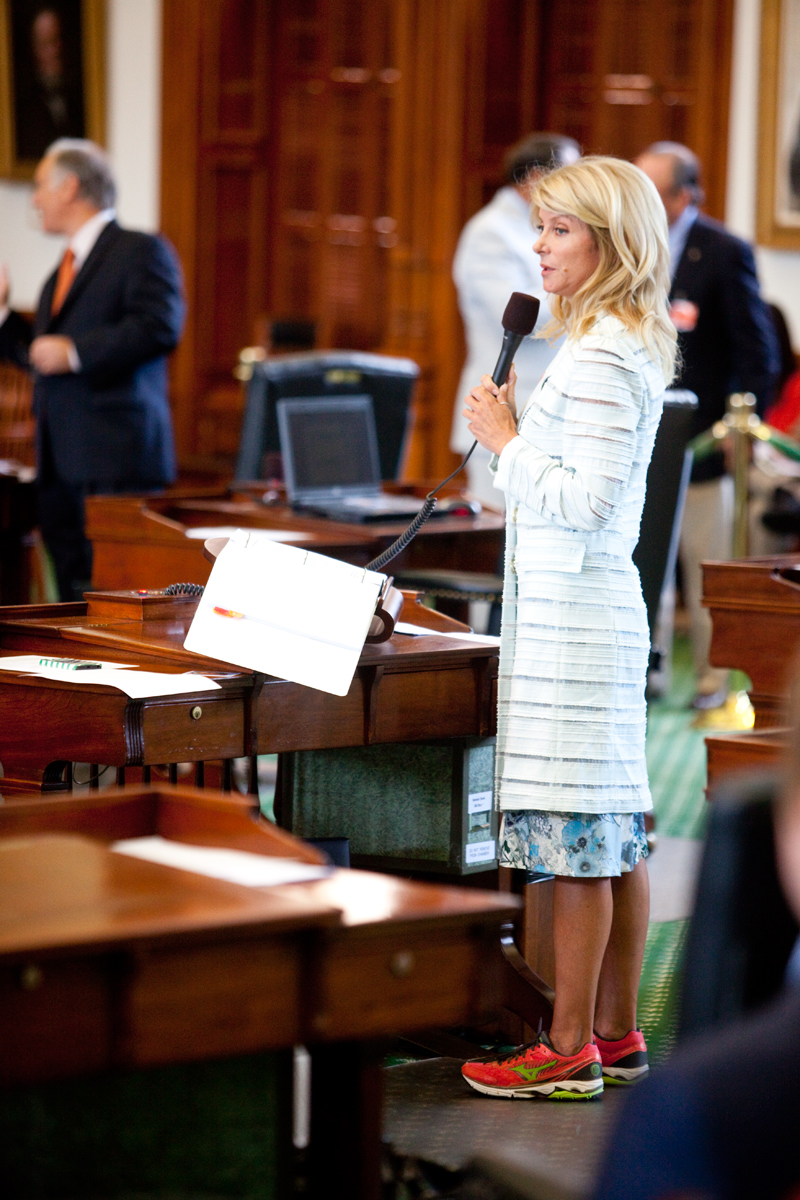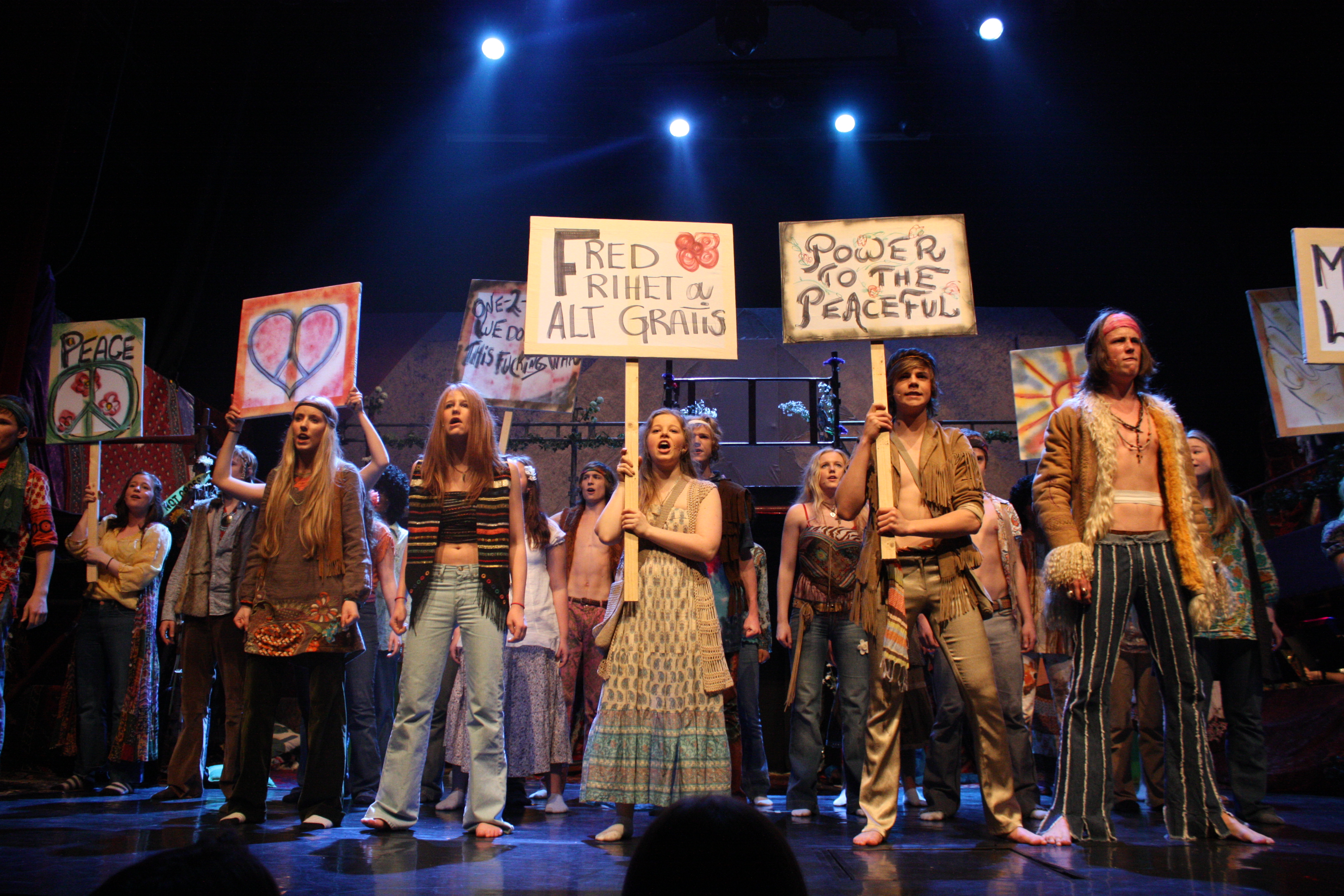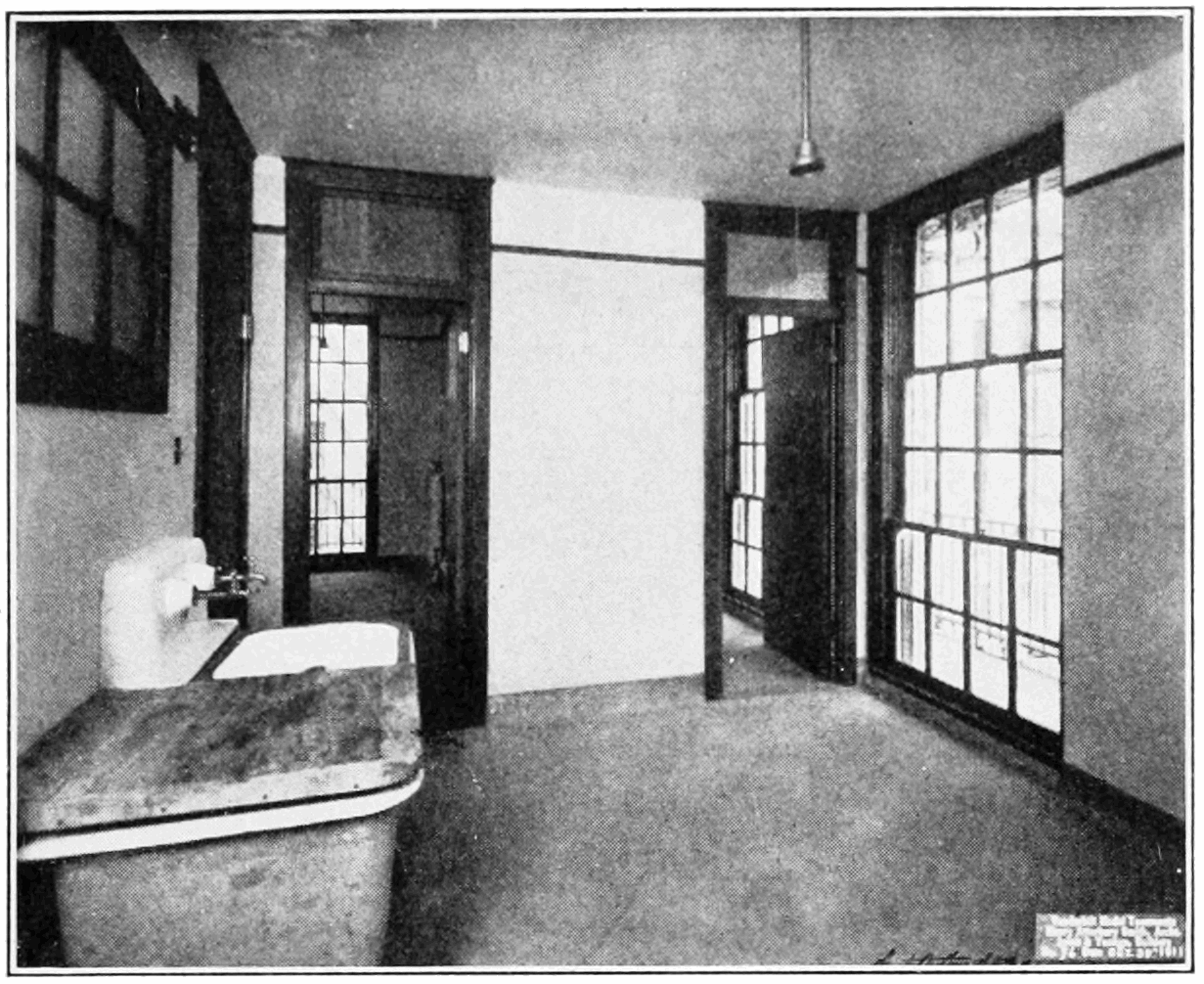

From my inbox …
“Kellyanne Conway says Donald Trump’s team has ‘alternative facts.’ Which pretty much says it all’,” reported the Washington Post recently. Well, these ‘alternative facts’ issuing from our new President’s administration might be wrong, but at least the adjective Conway uses to describe their facts is correct on both sides of the Atlantic. She could easily have used the alternative adjective and called them ‘alternate facts’.
“Alternative facts” are the new lies. And at least in America, they can also technically be known as “alternate facts,” which will grate on many an Englishman’s ear. Take the following examples:
The day before the inauguration, the New York Times reported that “around the country, an unusual number of alternate activities are planned to coincide with weekend events surrounding the inauguration of President-elect Donald J. Trump and the Women’s March on Washington.” And in the same article, discussing her own event that she hosted up in Washington Heights, the actress Ellen Burstyn explained: “It’s not a protest,” “It’s an alternate reality.”
Yes, in America we don’t just have alternative facts, but we also have alternative words for alternative. On this side of the pond, alternate is a synonym of alternative (as well as being an adjective describing things that are alternated). This is presumably a case of linguistic evolution, in which a word frequently confused with and substituted for its similar-sounding colleague has been absorbed into the vernacular with the ‘wrong’ meaning becoming standard and legit.
As Oxford Dictionaries explains succinctly: “In both British and American English the adjective alternate means ‘every other or every second’, as in they meet on alternate Sundays, or ‘(of two things) each following and succeeded by the other in a regular pattern’, as in alternate layers of potato and sauce. Alternative means ‘available as another possibility or choice’ (an alternative route; some European countries follow an alternative approach). In American usage, however, alternate can also be used to mean ‘available as another choice’: an alternate plan called for construction to begin immediately rather than waiting for spring. This American use of alternate is still regarded as incorrect by many people in Britain.”










